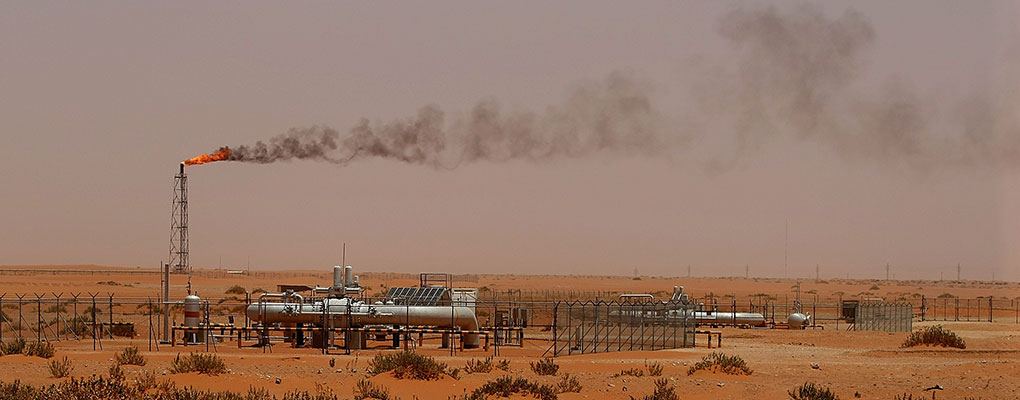
Saudi Arabia is starting to feel the effect of its campaign to drive down the world price of oil, with falling revenue leading it to enter the bond market to plug its growing deficit. Starting in the summer of 2014, despite falling oil prices, the Kingdom led other OPEC members to maintain production levels, leading the cost of a barrel of oil to plummet from roughly $100 in July 2014 to $50 in January 2015.
Despite this cushion, the country is expected to see a fiscal shortfall of $100bn this year
Relying heavily upon oil revenues, this year’s steep price decline has forced Saudi Arabia to look to the domestic bond market to raise $27bn of funds. Earlier in July, the Kingdom also raised $4bn from bonds, which was the first sovereign issuance eight years.
According to the Financial Times, the Kingdom needs the cost of a barrel of oil to remain at $105 to maintain its spending levels. It is now one year since the price of oil fell below this figure, and has remained well below since. As a result the Saudis have relied upon $65bn of reserves built up in boom years.
Despite this cushion, the country is expected to see a fiscal shortfall of $100bn this year. The decline in oil prices has not abated the opulence of the monarchy’s state spending, with generous bonuses being bestowed upon state workers in 2015, capital spending being sustained at pre-price drop levels, and the country pursuing an increasingly expensive war against Houthi rebels in Yemen.
Falling oil prices have had repercussions across the region, with other oil dependent Gulf States facing a shortfall in revenue. As The Economist notes, “[w]ith falling global oil prices, the Arab Gulf states will miss out on an estimated $380 billion in export earnings this year, the International Monetary Fund estimates. Only Kuwait and Qatar will scrape by without a budget deficit, and all the region’s petrol states are being forced to look at cost-cutting.”


